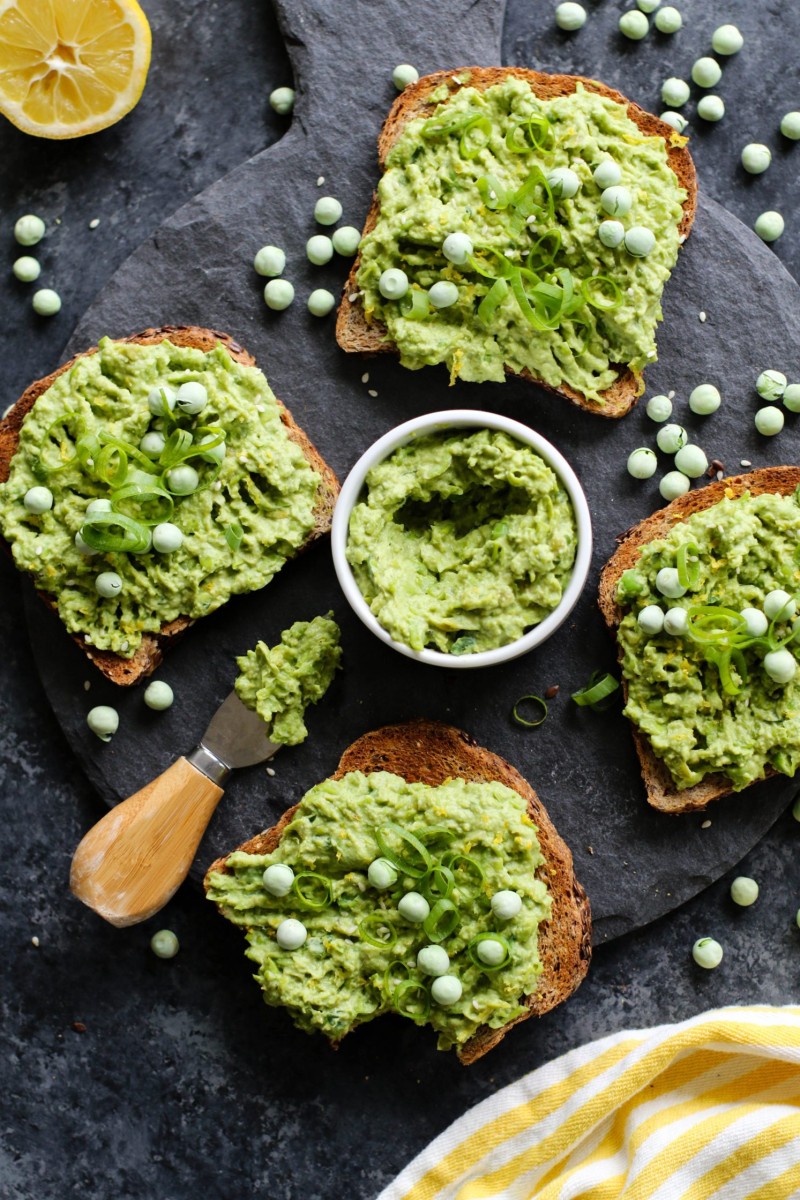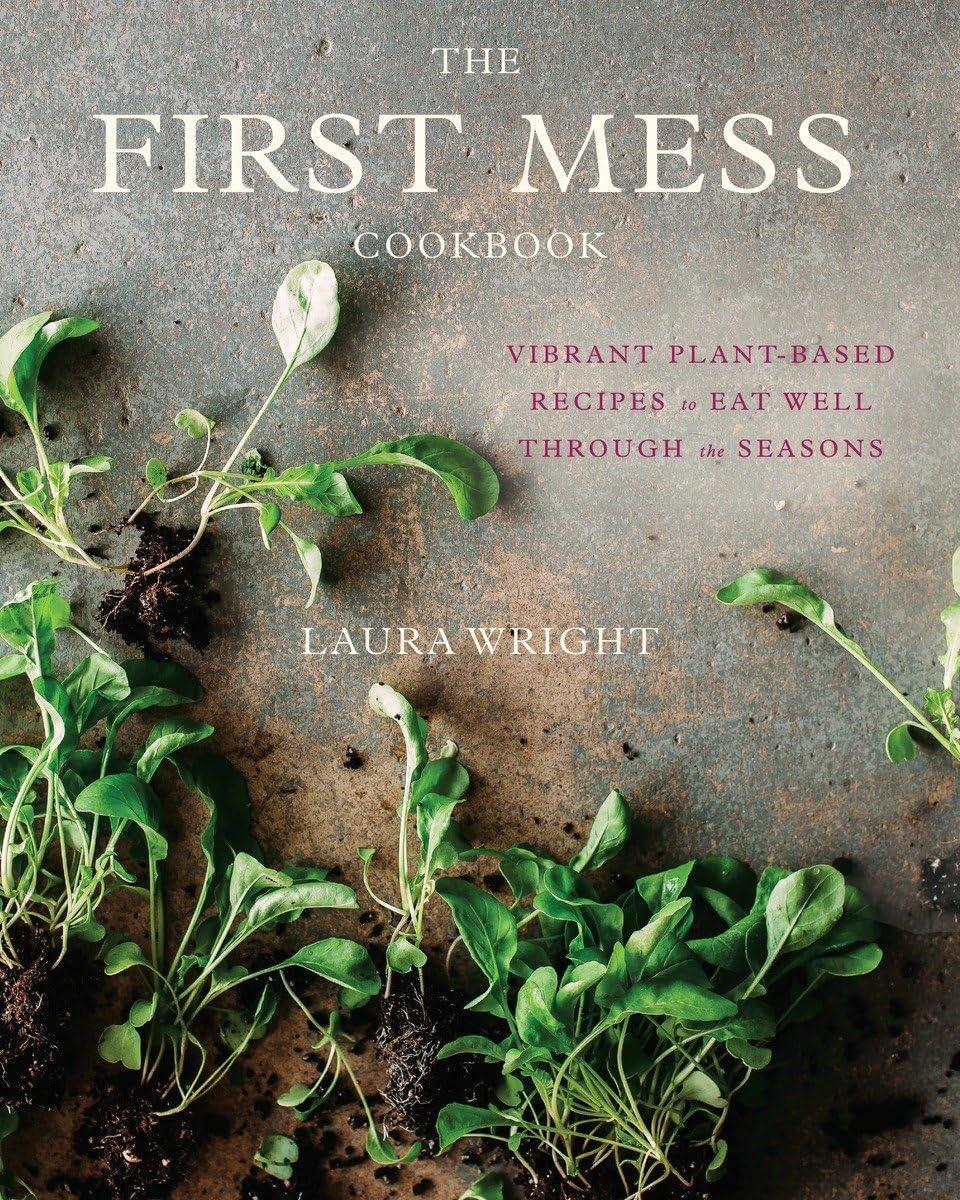Swap Avocado for Smashed Peas on Toast!

Avocado is delicious and nutritious. But it’s not local and there is controversy over farming methods. Like palm oil, it’s linked to deforestation with pine forests in South America, and even land grabs and organised crime.
Unless you are buying from an organic farmers’ market and know where and how it was grown, it’s best to avoid avocado (also keep away from pets, they are unsafe).
Smashed peas on toast is the ideal swap.
It’s local and seasonal (buy fresh or Pack’d sell organic frozen peas in paper packaging). Either makes a delicious protein-packed breakfast and snack, and also helps to support local farmers.
Chef Jack Croft says the ‘taste’ from avocado on toast comes more from the seasonings (say lime and coriander in guacamole). Try making pea guacamole!
Like almonds, modern agricultural methods like ‘migratory bee-keeping’ are sometimes used to grow avocado, resulting in mono-crops (so after harvesting, there is no food left and bees can starve). Organic farmers leave wildlife corridors, and grow crops that let bees pollinate food, and thrive after harvesting. Even some apple farmers in the corporate world are not growing using these methods. With most of our apples imported?
A small organic farmer growing almonds, apples or avocados is likely fine. But if you are buying cheap almonds in a major supermarket, they are unlikely to come from such farmers.
Forests cleared to grow such plantations also reduces the land’s ability to absorb carbon dioxide, and this makes climate change issues worse. Avocado orchards also use colossal amounts of water, yet Mexico for instance already has a many water shortage issues (so this just makes problems worse). They don’t need Londoner’s buying avocados, to serve in swanky restaurants.
Some plant-based recipes use hearts of palm (a tinned vegetable, often used to replace fish). If you use it, choose multi-stemmed (these grow back, single-stemmed don’t). Or better yet, sub with local canned artichokes.






